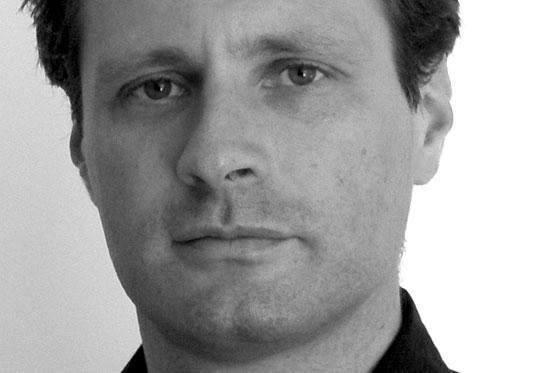
From Julie Burchill to Geraldine Bedell; Will Self to Wendy Holden: the list of journalists turned novelists could probably fill a paperback or two.
But why? What makes journalists, who spend their time – hopefully – dealing in fact, think they can manage 100,000 words of fiction?
Soon joining Burchill, Bedell, et alia, is Paul Harris, The Observer’s US correspondent. His first novel, The Secret Keeper, is out in the US in April. What possessed him?
‘On a personal level, after a certain amount of time in journalism you probably get thinking about another outlet,’he tells Press Gazette from his American office.
‘As a journalist you have a wide range of experiences, but you’re writing news, and reporting news. A novel can give you an outlet to write what you think – which you can’t put in a news story.”
And, of course, there’s a second reason. ‘With journalism the way it is, novels and books are another string to your bow,’he says.
But are these books any good? Harris’s book is inspired by his coverage of Sierra Leone’s civil war in 2000; the protagonist is, surprise surprise, a journalist.
(Echoing among others, Jonathan Freedland, who, as Sam Bourne, penned the journalist-turns-hero novel The Righteous Men.)
‘I imagine most journalists think they have a novel in them,’says Harris. ‘But there’s definitely not a natural, guaranteed rule that a good journalist will be a good novelist.
‘Being a journalist might help in getting published, but at the end of the day, getting published is not easy. It’s quite a brutal process. Getting an agent is hard enough, then selling the book is even harder.
‘There must be something to the book. But the public will have the final decision – and that’s fairly definitive.”
And then, of course, there are reviews. How will poacher Harris cope as gamekeeper? A damning review of Freedland’s first book, for example, was published in The Times after being spiked by The Guardian, his employers, for being too ‘awkward”.
‘It’s a weird process being reviewed, and being interviewed, as you’re just not used to being on that end of the thing,’says Harris.
‘A review is something you’ve worked hard for, and it’s nerve-wracking. You realise what they have been going through, while you’ve been interviewing or reviewing them.”
Harris, 36, left City University in 1996, working for Reuters, Associated Press, The Daily Telegraph, and The Observer. It was while at the Telegraph he covered the war his novel is based on.
‘It was an amazing experience, but slightly traumatic,’he says. ‘It left memories with me, and had an impact…when I left Africa to come to Britain I decided I wanted to process it through fiction.
‘It’s the old maxim – write what you know.”
A far-from definitive list of journalists-cum-novelists (news organisation then novel)
Julie Burchill (The Guardian, The Times, others; Ambition, Sugar Rush, others)
Gavin Esler (BBC; Loyalties, Deep Blue, others)
Jonathan Freedland – pen-name Sam Bourne (The Guardian; The Righteous Men, The Last Testament, others)
Zoe Heller (The Independent, The Sunday Times, others; Everything You Know, Notes on a Scandal, others)
Wendy Holden (Harper’s Bazaar, Sunday Telegraph, others; Simply Divine, Bad Heir Day, others)
Rachel Johnson (The Financial Times, BBC, others; Notting Hell, Shire Hell, others)
India Knight (The Sunday Times, others; My Life on a Plate, Don’t You Want Me)
Richard Littlejohn (The Sun, The Daily Mail, others; To Hell In A Handcart)
Jane Moore (The Sun; Fourplay, The Ex Files, others)
Email pged@pressgazette.co.uk to point out mistakes, provide story tips or send in a letter for publication on our "Letters Page" blog
